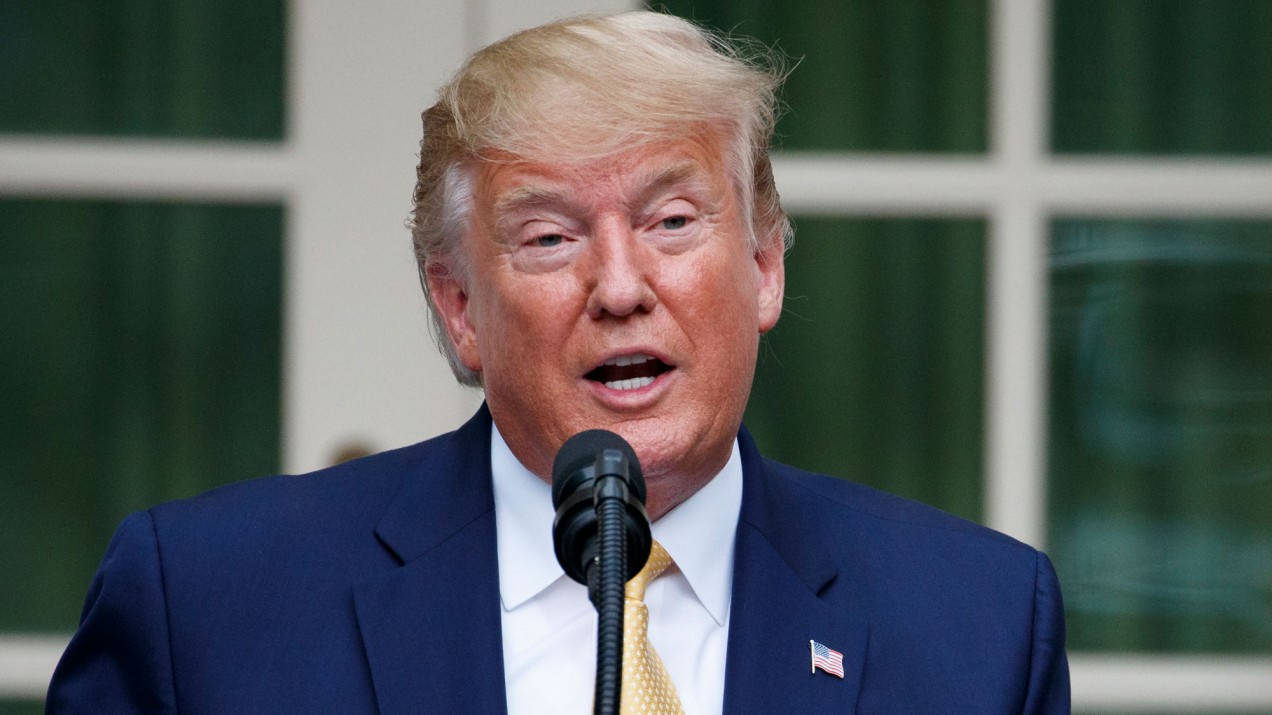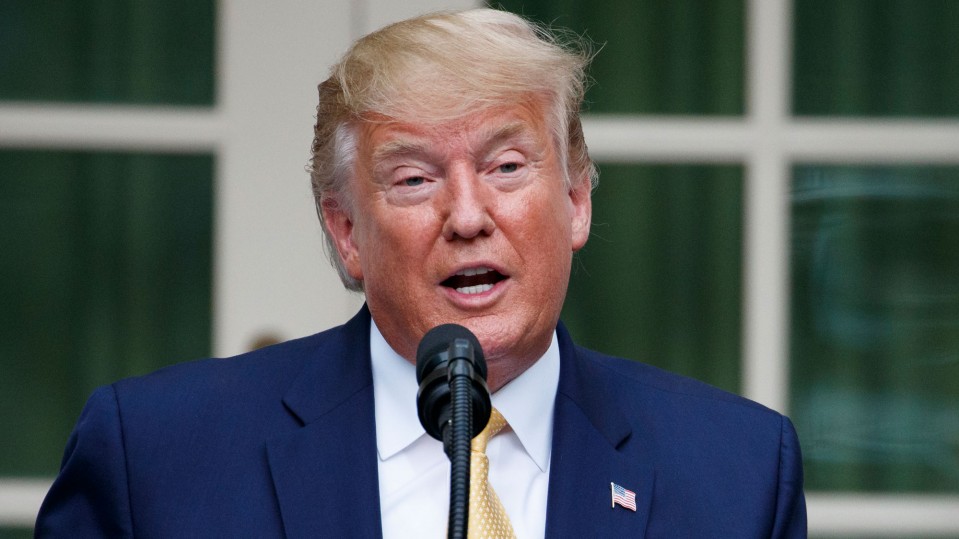

Blockchain / Cryptocurrency
Even Donald Trump is dumping on Facebook’s digital-currency dreams
Facebook has been dealing with criticism and scrutiny since it unveiled Libra. But the backlash shows that the project is a real wake-up call.

David Marcus, Facebook’s blockchain chief, might have known he’d be playing a lot of defense after Facebook revealed its plans to create a digital currency. But no one can be truly prepared for ending up in the crosshairs of the US president.
The new currency, called Libra, “will have little standing or dependability,” Donald Trump tweeted on Thursday, adding that he’s also “not a fan of Bitcoin and other Cryptocurrencies, which are not money, and whose value is highly volatile and based on thin air.”
I am not a fan of Bitcoin and other Cryptocurrencies, which are not money, and whose value is highly volatile and based on thin air. Unregulated Crypto Assets can facilitate unlawful behavior, including drug trade and other illegal activity....
— Donald J. Trump (@realDonaldTrump) July 12, 2019
On this, Trump is not alone. Since June 18, when Facebook first revealed Libra, Marcus has been dealing with relentless criticism and scrutiny—emanating from all parts of the globe.
“Design of the Facebook currency has not been fully explained,” India’s economic affairs secretary, Subhash Garg, told Bloomberg this week. Regardless, India is not “not comfortable” with the idea of a private currency, he said.
China isn’t either. Wang Xin, director of the People’s Bank of China’s research bureau, said that if Libra were to take off, it might help the dollar in ways that would be detrimental to China. Mu Changchun, deputy director of the bank’s payments department, said that Libra “won’t be sustainable without the support and supervision of central banks.”
Meanwhile, unnamed officials from the Bank of Japan recently told Nikkei that not only could Libra pose risks to financial stability, it would be “piggybacking for free on a financial system that takes heavy costs” to keep running. And Benoit Coeuré, an executive board member at the European Central Bank, told Bloomberg that it is “out of the question” to let big tech companies “develop in a regulatory void for their financial services activities, because it’s just too dangerous,” adding: “We have to move more quickly than we’ve been able to do up until now.” That resonates with a warning from the Bank of International Settlements that big tech companies “have the potential to become dominant” in financial services thanks to their network effects.
That’s just some of the criticism coming from abroad. Here in the US, President Trump isn’t the only one with reservations. Jerome Powell, chair of the Federal Reserve, told Congress that Libra raises "serious concerns." Congresswoman Maxine Waters, chair of the House Financial Services Committee, has called on Facebook to halt the project to give Congress more time to study its potential “challenge to the dollar.”
And Senator Sherrod Brown, the highest ranking Democrat on the Senate Banking Committee, recently sent a letter to the chairman of the Federal Reserve in which he argued: “We cannot allow giant companies to assert their power over critical public infrastructure … The Fed must take a proactive role to ensure that the payments system remains accountable to the public.”
Both the House Financial Services Committee and the Senate Banking Committee will hold hearings on Libra next week, and Marcus will testify in both.
Facebook asked for all this scrutiny. After all, it has made a grandiose claim that it is building a new “financial infrastructure” to support billions of people around the world, but has yet to reveal many details about just how it will pull that off. That said, the intensity with which politicians and government bankers are responding to Libra suggests they believe that this vision, or something like it, is plausible.
In other words, it looks as if Libra has been a wake-up call. Even if it doesn’t catch on, it’s likely that some other coin will eventually, perhaps one made by another big tech company. But the point is that many policymakers and central bankers now appear to accept this. Digital currencies will no longer be ignored.